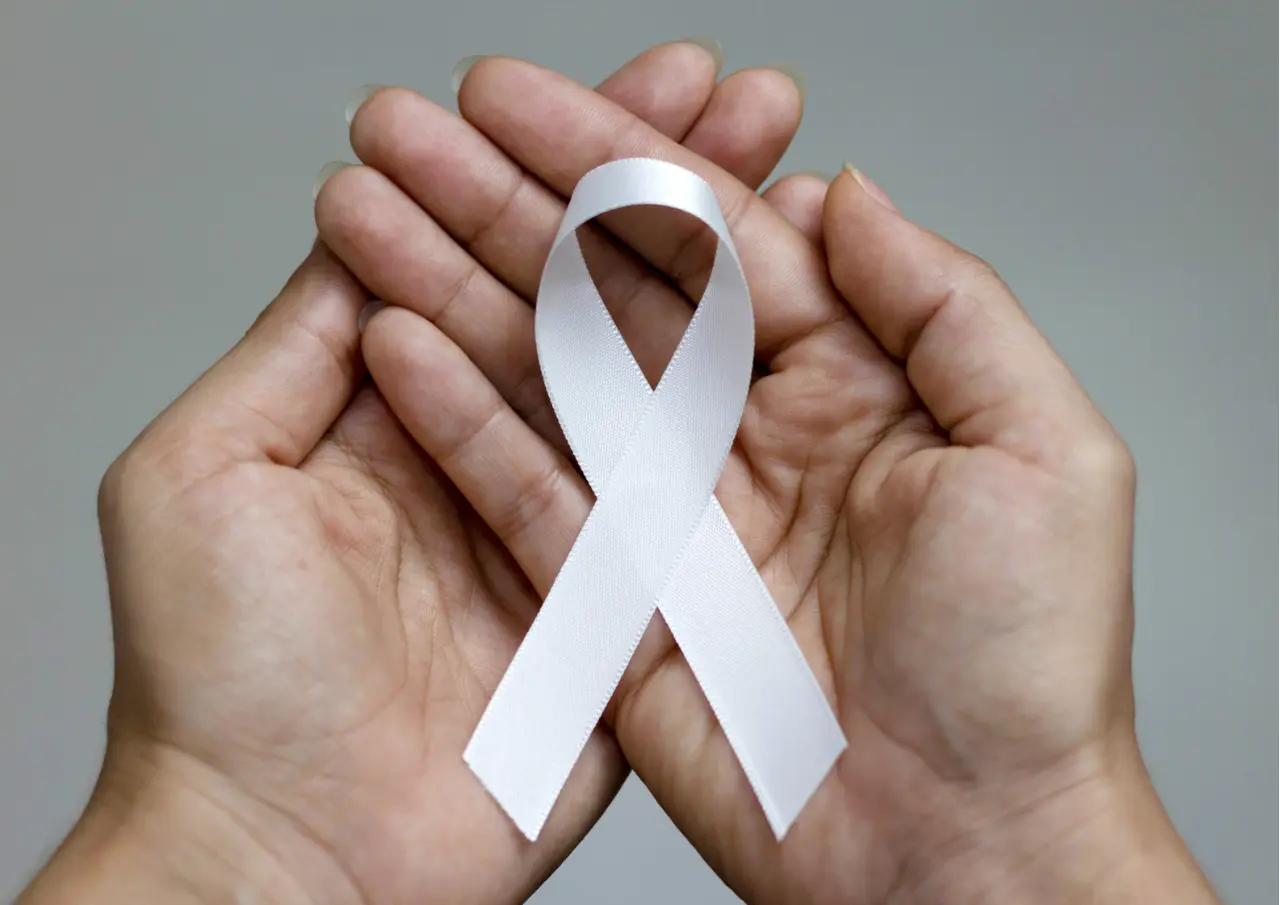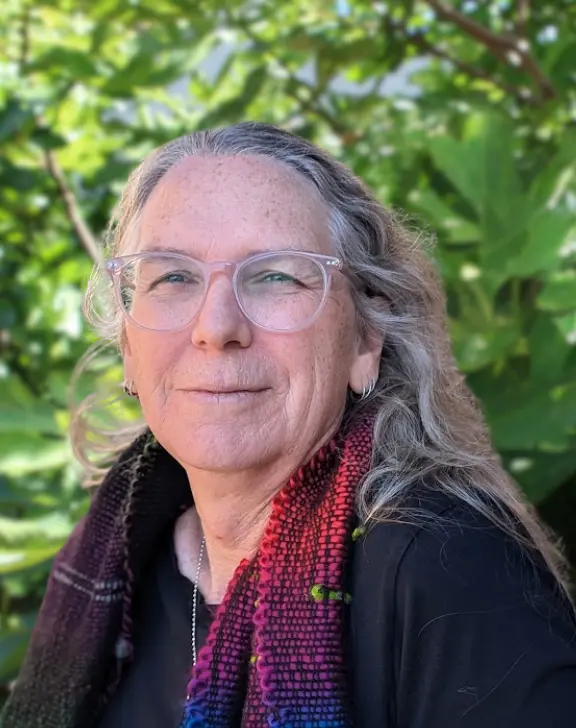A fallacy is a mistaken belief based on incorrect reasoning. Fallacies spread because it is easy to believe they are true: on the surface, they make sense. It is only when you look beneath that you see where the errors lie.
One of the most widespread examples is the “Just World Fallacy”. The idea is simple: things happen to those who deserve them. This comes up in quotes such as “what goes around comes around” and “everything happens for a reason.” There’s no denying it is an appealing idea. But what about it, exactly, is appealing?
The answer is in the name: justice.
Humans are overwhelmingly drawn to the concept of justice. Many of our cultures, historical and modern, are based on the idea. Our ethics inform our social norms and laws, and these inform our media. We are satisfied when things are fair and outraged when they are not. As social animals, it benefits us to reward ‘good’ behaviour and punish ‘bad’ - and disagreements about which is which have led to many wars.
So, then, where is the fallacy?
Certainly there appears to be an element of truth to it. If someone treats someone else badly, we could reasonably expect them to be treated badly in return - if not by us, then others. We trust society to self-regulate. But how many times does that work in reverse? How often have you treated someone well, only to be treated badly yourself? How many times have you tried your best, and received nothing in return? This experience is much more common than the Just World Fallacy’s expectations of always receiving what we deserve. So then how can one experience hold true, but the other does not?This inconsistency shows that the logic is flawed; that the Just World Theory is, in fact, a Fallacy.
What are the consequences of this?
If we believe, erroneously, that ourselves and other people are being treated as we deserve, it can lead us to unfairly blame either ourselves or others for things that are truly out of our/their control. And, naturally, such victim-blaming can negatively impact mental health.
Individuals who experience illness, poverty, or abuse are often viewed as “not trying hard enough” - that if they worked harder, they would be better. It is a common refrain in the media that chronically ill individuals could be “cured” by a variety of questionable treatments; that people living below the poverty line just need to “pull themselves up by their bootstraps”; and that “she deserved it” if a woman is hurt or killed by a man. (More infrequently, we may also see “he deserved it”, if a man is hurt or killed by his partner, too). This kind of thinking reduces empathy, and makes it harder for those individuals to seek help.
We may also internalise these beliefs: that it is our fault we our partner or family mistreats us, that we are sick or injured, that we cannot afford essential groceries. This, too, makes it hard for us to seek help - and often leaves us feeling even more negative about our struggles, due to the mistaken belief that we should be able to “fix them”, and it is our fault that we cannot. By taking accountability for things we are not accountable for, we hurt ourselves.
By taking accountability for things we are not accountable for, we hurt ourselves.
On the flip side, taking accountability for good things that we are not accountable for, we hurt ourselves too.
The way forward is to realistically assess how much control we have over a situation. Some people naturally tend towards an “internal locus of control”, which is the belief that they can control the majority (if not everything) of what occurs in their life. Others tend towards an “external locus of control”, the belief that they cannot control what happens to them. Only by stepping back and assessing our own resources can we set realistic expectations of what we can and cannot change - and those resources will be different for everyone.
We may also blame others for things that we forgive ourselves for (such as being rude). We may blame ourselves for something we forgive others for (such as being late). These inconsistencies can cause inequality, stress, and anger in our lives. By extending the same grace to others as we do to ourselves, we can work towards reducing both interpersonal and intrapersonal tension.
The world is random. This is a beautiful and terrifying thing. While karma may or may not play a role in our lives, it is important to hold ourselves and others equally accountable for actions taken, and treat both ourselves and others with a similar level of grace. Only then may we find true justice.


.png)
.png)
.webp)



%20(4)%20(1).webp)
